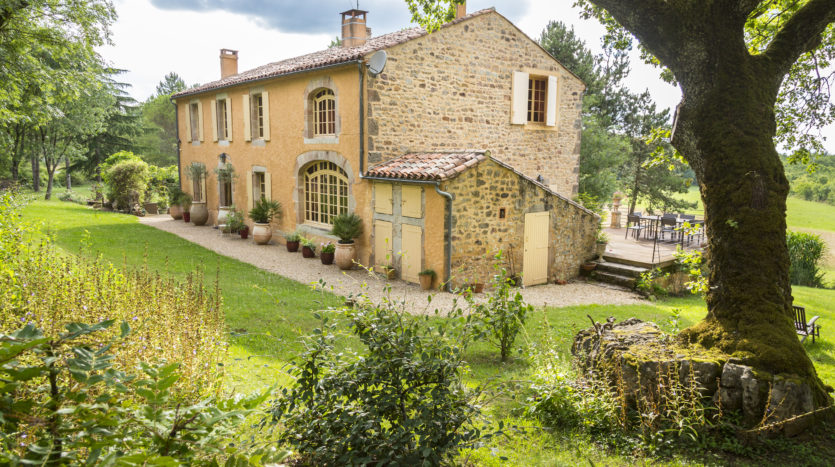Going To Live In The Countryside, Really A Good Idea?
The topic was documented in depth from the first confinement in the professional press in 2020: many French inhabitants of large metropolises had developed an urge to go green. Demand for rural housing from estate agents has skyrocketed, showing a desire for air and space. A few months of retrospect and a new confinement later, can we consider that a winning bet turned out to be this possibility of quitting the city centres? Let’s describe the pros and cons in depth.
Undeniable advantages
A noticeable decrease in house values is the first positive point, a direct consequence of isolation from major cities. Moving to more rural and affordable homes will provide home ownership in a harder mortgage climate where it is not feasible in the region.
The desire for space makes it green as an El Dorado to enter, as well as the main inspiration for city dwellers who have invested confines in their tiny accommodation without exterior. From March, a more open living space, connected to a more wooded area and allowing for a few serene walks, may have been an aim to be accomplished before a new confinement takes place. One might rightly say that now.
Migration to the countryside is finally in the age of time, with many feeling the need to get back to basics, to extricate themselves from an increasingly busy and stressed life and a bond with nature. The health problem can be seen in this sense as a catalyst leading to swift intervention linked to a latent need which has not yet been articulated. A drop of water that, in short, broke the camel’s back.
A different way of life

Any transition has positive benefits and negatives that need to be acknowledged. While this is the desired result often, going to the countryside often means moving away from the city’s fun, and this is not easy for everybody. There are no spiritual, festive or different venues of action in the nation and the exiled city dweller may be missing. As well as the possibility to quickly navigate from one to the other using public transport.
Furthermore, relatives – kin or friends – are normally located partially close to the place of living. Changing it leads to social distortion and a change in attitudes that should be weighed before beginning.
Finally, proximity to work remains a critical concern, with the bulk of big businesses retaining their sites in large urban areas, where skills are easier to locate and transport infrastructure is more mature. Some may advocate for improved teleworking, but there is no assurance that, until the coronavirus health epidemic is behind us, this activity will occur full time or even part time.
Adopt an intermediate strategy
The ideal would be, of course, to own two houses, one in the city and the other more secluded. This approach might, however, find a somewhat less costly option that is difficult to implement financially. With real estate values being what they are in urban cities, more and more smart individuals are preferring to purchase a second home and rent out the primary house in the countryside.
Again, to afford to sustain two houses, certain means are required. “If this is not the case and you are tormented by the need for greenery, all you have to do is pick the spot that will become your new “home, sweet home”. Any requirements should be remembered: the intensity of urban life, since regular dynamism and a wide number of shops can be provided, after all, by medium-sized towns or even small rural areas.
The immediate proximity of a public transit mode that enables access to your former metropolis in record time will also allow you to keep your work face-to-face and escape (perhaps) the traffic jams you used to face each morning. To take the capital’s example, several more cities of human scale can be reached by rail transport in 30 or 40 minutes. What often holds some outing and recreational activity patterns by often marginally increasing the time of transport to get there.
Moreover, it could be necessary to pick a location where family or friends are already present to prevent regretting the option of isolation. Arriving in a totally neutral position will make it difficult for the transition process.
The future will say if the result observed is a general regret giving rise to a new rural migration with regard to this passion for the movement observed in 2020 and comprehensible with the confines often encountered in crowded accommodation. Meanwhile, more real estate purchases carry ventures to the real estate industry for families and a dynamism that no one can complain about!


